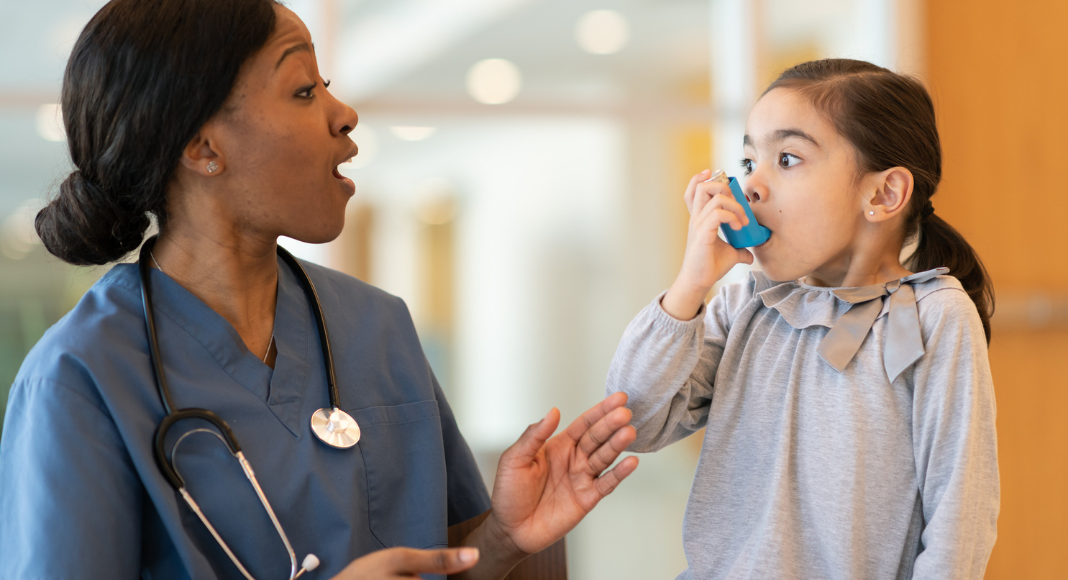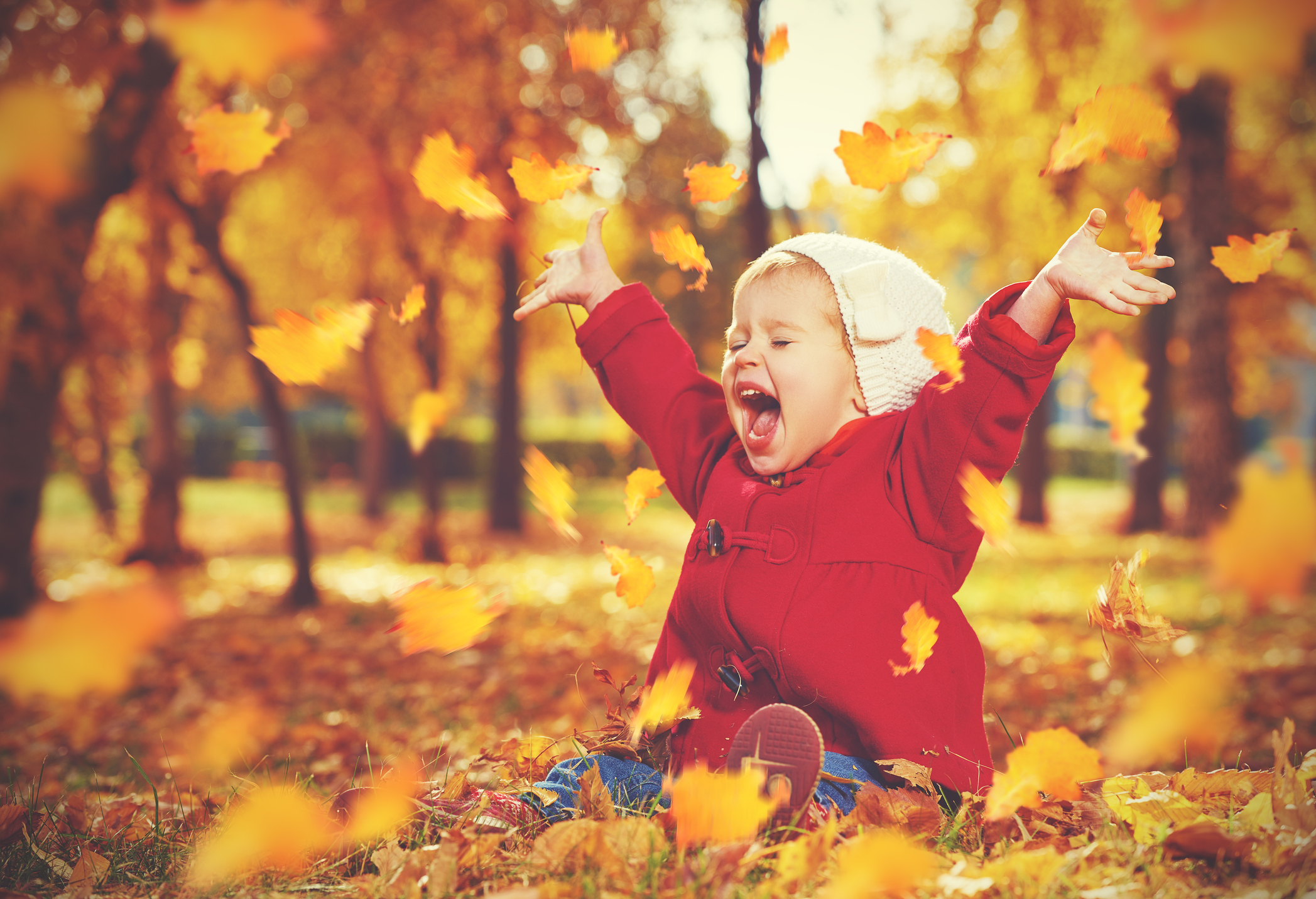 For many people, fall is a beautiful time of year with the transition to cold crisp temperatures, the smells of apple cider, cinnamon, and pumpkin, and getting to put on those comfy knit sweaters. For others, fall can mean the harvest of crops that stir up dust and allergens in the air. If you already suffering from respiratory conditions, fall can be a difficult time of year.
For many people, fall is a beautiful time of year with the transition to cold crisp temperatures, the smells of apple cider, cinnamon, and pumpkin, and getting to put on those comfy knit sweaters. For others, fall can mean the harvest of crops that stir up dust and allergens in the air. If you already suffering from respiratory conditions, fall can be a difficult time of year.
Smoke from fall bonfires or burning leaves, dust from harvesting crops, allergens such as mold particles in leaves, ragweed, and pollen, or just the cold-dry air, lung irritants can make fall a season of challenges for the respiratory system. No matter your age, knowing when to be seen by a primary care provider is essential. For children suffering from these fall lung irritants, or any other pulmonary conditions, knowing when to see a pediatric pulmonologist is paramount.
What is a pediatric pulmonologist?
Pediatric pulmonologists diagnose and treat a wide range of conditions related to the lungs and respiratory tract in infants through adults. Those conditions include chronic cough, breathing issues, lung diseases, apnea and sleep apnea, asthma, bronchitis, bronchopulmonary dysplasia, croup, cystic fibrosis, and respiratory syncytial virus (RSV). Blank Children’s Pulmonology has two pediatric pulmonologists and two pulmonary nurse practitioners.
When to see a pediatric pulmonologist?
As the weather gets colder, lung irritants and respiratory conditions can suddenly appear and existing ones can worsen. Their symptoms often mimic the common cold, which can make it difficult to tell the difference.
“Cold symptoms such as a cough or breathing difficulties may not always be an immediate reason to be seen by a pediatric pulmonologist,“ says Kathleen Gradoville, ARNP, pediatric pulmonologist. “It could just be a variation of a common cold, which is why a primary care provider or pediatrician is a good first step. They can address and help diagnose symptoms and help determine if an appointment with a pediatric pulmonologist is needed.”
 How to Stay Healthy in the Fall
How to Stay Healthy in the Fall
Try to avoid common lung irritants such as smoke, mold, dust, and pollen. As the weather gets colder, try to avoid breathing extremely cold air as it can worsen respiratory issues for most adults and children including those with asthma or other breathing conditions.
Take precautions to stay healthy this fall by scheduling your annual physical and getting your routine immunizations. This includes the influenza vaccination and staying up-to-date on Covid-19 vaccinations.
For more information about Blank Children’s Pulmonology and how they can help your family breathe better, visit them online.
Connect with UnityPoint Health — Des Moines
Website
Facebook
Twitter
YouTube
Instagram
Pinterest
This post is part of a series of sponsored posts by UnityPoint Health — Des Moines.
Bringing Home Baby; Helping Big Siblings Handle Big Feelings
















